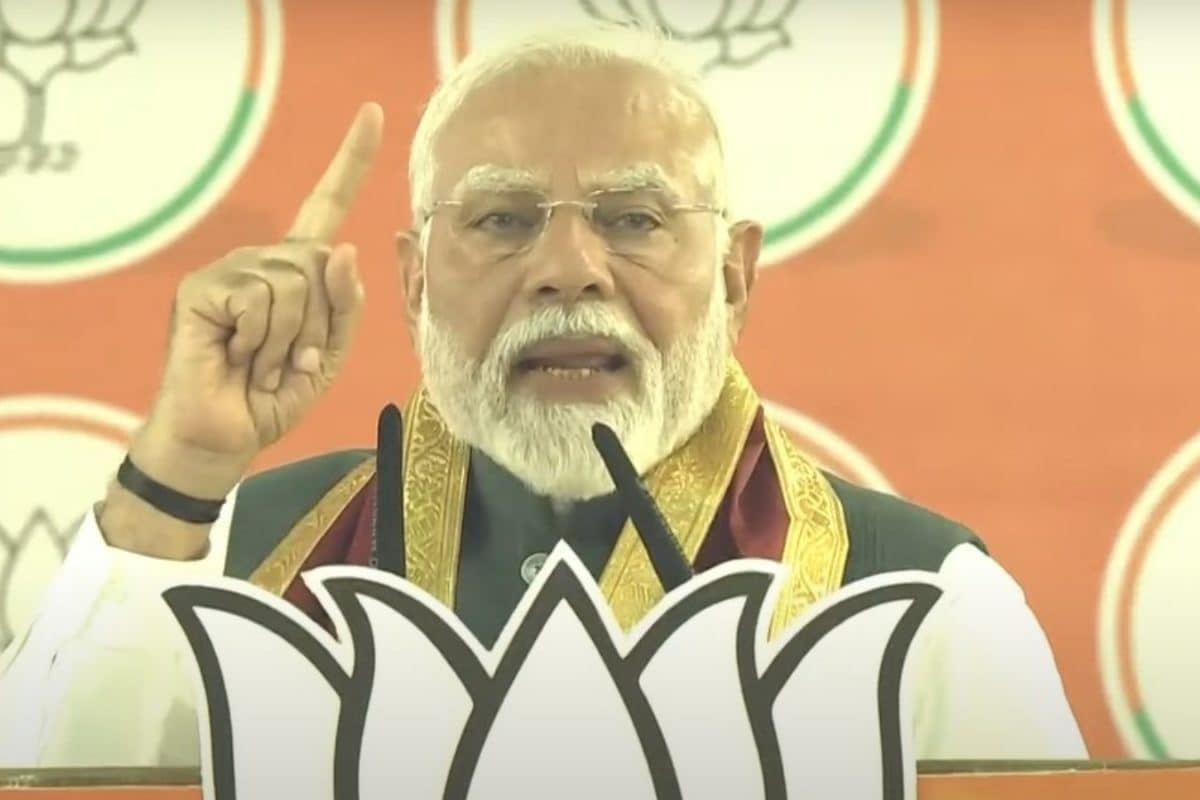

Prime Minister Narendra Modi has strongly criticized the West Bengal government, led by Chief Minister Mamata Banerjee, over the recent riots in Murshidabad. The Prime Minister's remarks come amid increasing scrutiny and political turmoil following the outbreak of violence in April 2025, which was triggered by protests against the Waqf (Amendment) Act, 2025.
The Murshidabad violence witnessed a series of disturbing events, including the blockade of National Highway 12, the torching of police vehicles, attacks on a local MP's office, and the disruption of train services. The unrest resulted in multiple deaths, numerous injuries, and widespread damage to both public and private property. Hundreds of people, including women and children, were displaced from their homes and sought refuge in neighboring Malda district.
Adding fuel to the fire, allegations have surfaced pointing to the involvement of a Trinamool Congress (TMC) corporator in orchestrating the violence. According to a report by a Calcutta High Court-appointed committee, a local councilor was identified as having directed attacks in Dhulian town, with evidence suggesting homes were specifically marked to be torched. The report further highlights the inactivity and absence of local police during the unrest, intensifying the criticism against the state government. The Prime Minister has seized on these reports, accusing the TMC government of turning a blind eye to the deteriorating law and order situation in the state and engaging in appeasement politics.
The Waqf (Amendment) Act, 2025, which sparked the initial protests, has been a contentious issue. Demonstrators voiced concerns that the amended law could adversely affect property rights and religious institutions. While the protests initially began peacefully, they soon escalated into violent clashes, leading to the deployment of central forces to restore order.
West Bengal Governor C.V. Ananda Bose has also weighed in on the matter, submitting a report to the Union Ministry of Home Affairs that raised serious concerns about growing radicalization and communal instability in the region. The Governor's report highlighted administrative failures and a lack of coordination during the violence, further intensifying pressure on the state government.
Chief Minister Mamata Banerjee has countered these accusations by alleging that the BJP-led central government and the Border Security Force (BSF) instigated the communal violence. Banerjee has accused the BJP of orchestrating a "planned communal riot" with the help of central agencies, while questioning the "unseemly hurry" to amend the Waqf law. She has also directly implicated the BSF, accusing them of firing during the unrest and allowing outsiders to enter the state to incite violence.
The political fallout from the Murshidabad riots has been significant. Opposition parties, including the BJP, CPI(M), and Congress, have criticized Banerjee's absence from the affected areas and have accused the TMC government of failing to protect Hindu families. The BJP has even demanded that districts like Murshidabad be declared "disturbed areas" under the Armed Forces (Special Powers) Act (AFSPA).
The situation remains tense in Murshidabad, with concerns about the potential for further unrest and the need for rehabilitation and compensation for the victims of the violence. The Calcutta High Court has directed the formation of a committee to identify and rehabilitate those displaced by the violence, acknowledging the need for tailored rehabilitation packages and appropriate compensation.